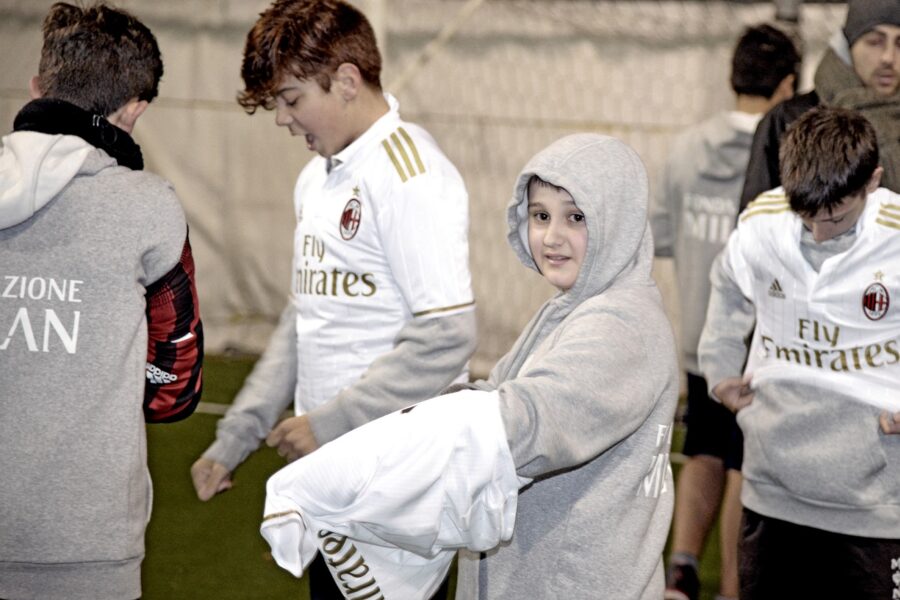
Bollate’s Sport for Change is committed to sustaining pre-adolescents and adolescents at risk of early leaving school. By proposing annual personalised programs, these youngsters are guided in the discovery of their skills and talents to increase their self-esteem and nurture the development of meaningful relationships and bonds. Thus facilitating their return to school.
Bollate is a city with a population of about 40 thousand people where, within a setting of relative affluence, increasing numbers of young people are at risk of social isolation due to a shortage of opportunities to socialise with their peers; these are often kids who need linguistic and social-cultural support to help them integrate and overcome their difficulties in relating to other kids their age. Although services for minors abound, there tends to be a lack of coordination among them, making it difficult for elementary and middle schools to find contacts capable of managing high risk situations.
Within this context, the project offers schools direct support and makes available spaces and times where young people can experiment with new sports and educational activities in a safe setting, to discover and reactivate aptitudes and improve relationship capacities.
Sport for Change is divided into 2 appointments per week managed by a technician, a professional educator, and a psychologist.
The technician plans and manages real-life sports activities, organising the work on the field in keeping with the skills and potential of the youngsters involved. The educator supports the technician in managing group dynamics and relationships with each kid; the psychologist supervises the youngsters and organises individual sessions, in order to provide a space where participants can express themselves and where parents can gain insight.
In addition to sports activities, the programme includes artistic and playtime workshops based on the interests and needs of the group. The objective here is to reinforce autonomy and allow each child to express his or her own skills and potential.For this edition, rather than waiting for the second semester, it has been decided to start up the workshops almost immediately, thereby enabling participants to put into practice the progresses they are making.
Throughout the entire programme, networking with other players on the territory who work in favour of minors and follow them throughout the day is fundamental, as this consolidates efforts towards a common goal.
18 youngsters between 12 and 15 years of age.
Ten of them have decided to continue with this experience, after having completed the previous edition. They all have been nominated by the schools for their low self-esteem and overall difficulties in integrating with their peers in and out of the classroom. Some have poor teamwork skills and a tendency to solitude, while others a reluctance to follow the rules and incidents of aggression.
JOIN THE TEAM!
A small gesture is enough to contribute to the realization of projects in support of the most fragile and marginalized children.